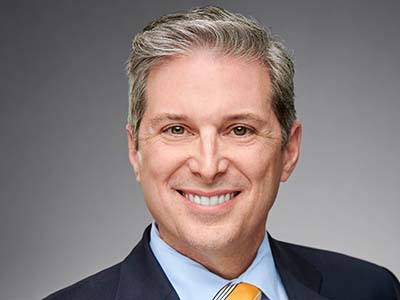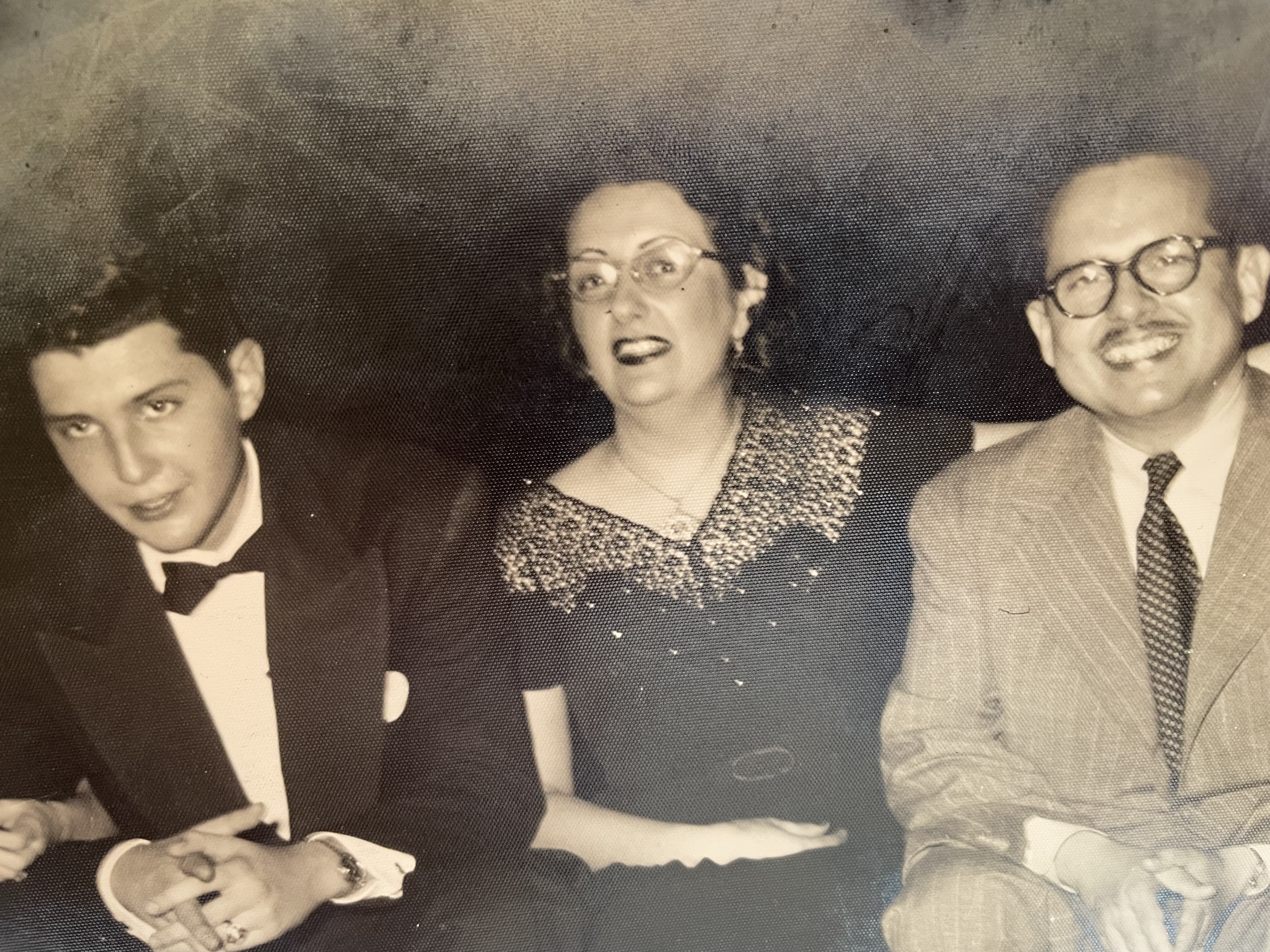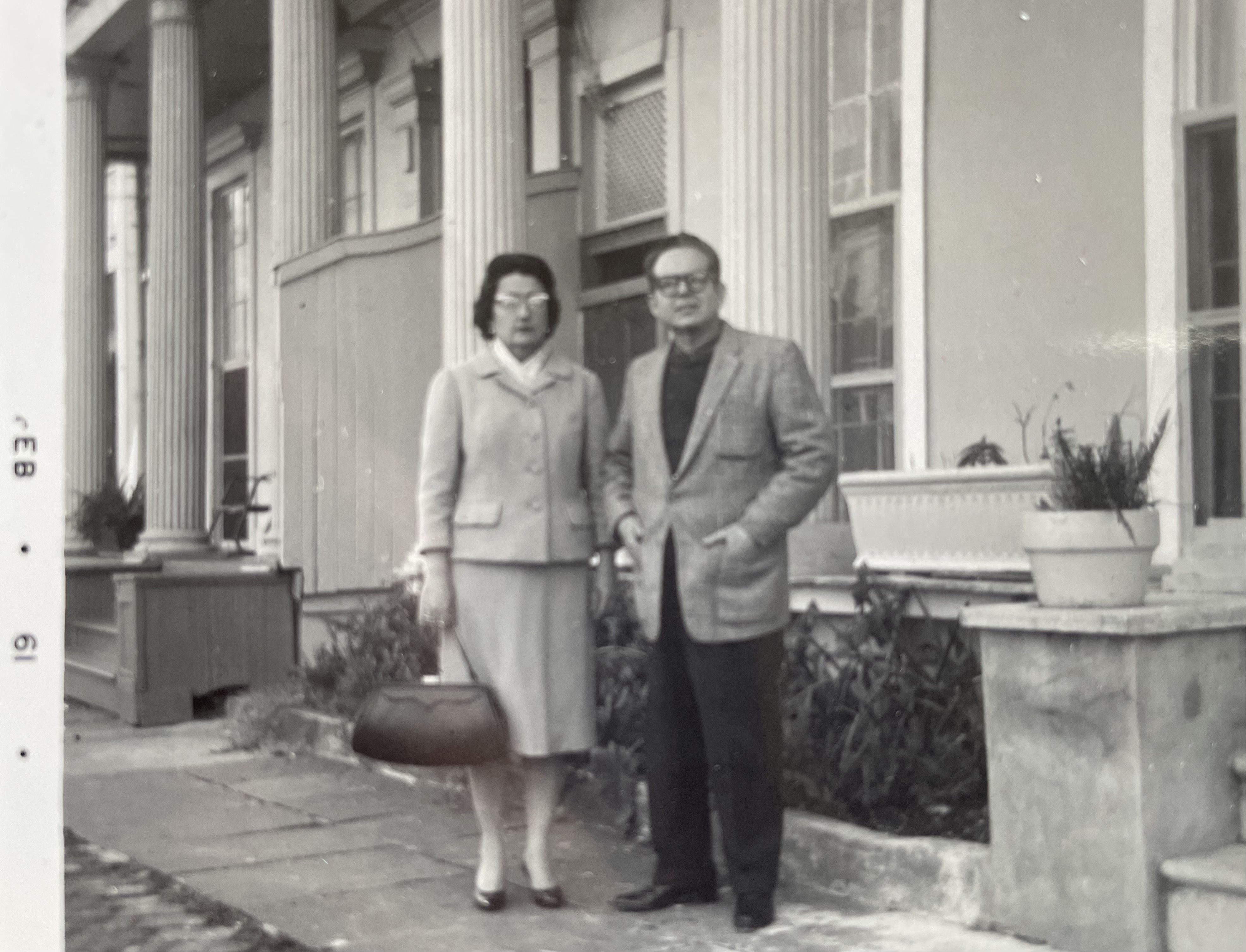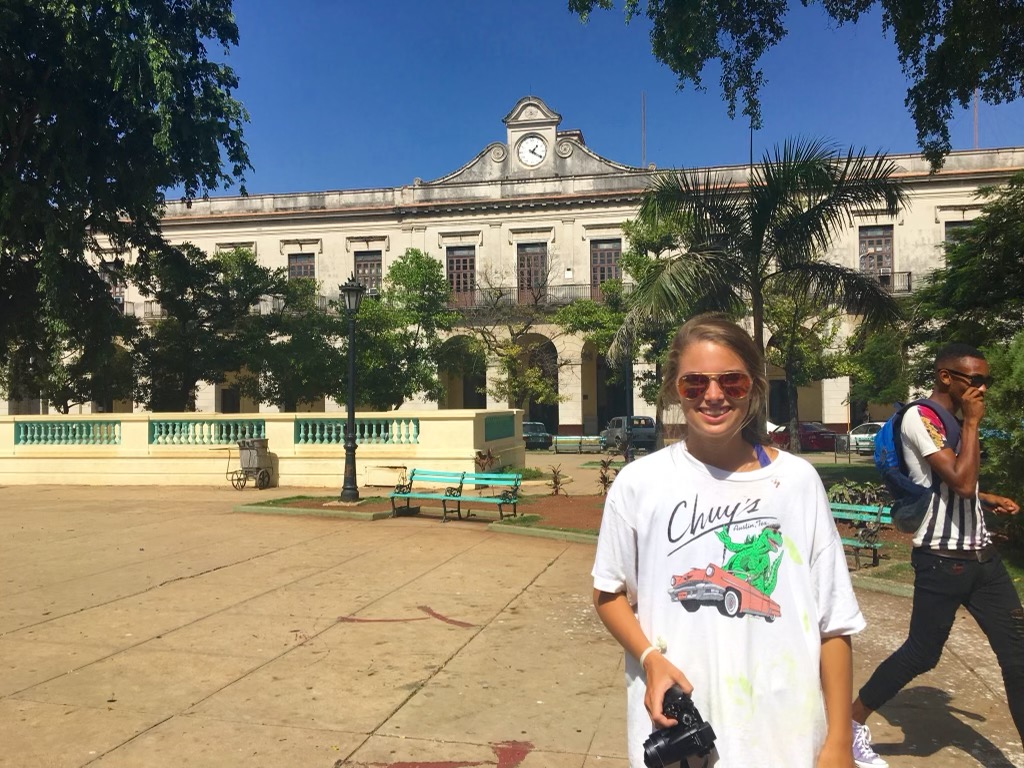 The UAB Department of Surgery is pleased to highlight Hispanic Heritage Month by sharing the stories and experiences of faculty, staff, and trainees across the department.
The UAB Department of Surgery is pleased to highlight Hispanic Heritage Month by sharing the stories and experiences of faculty, staff, and trainees across the department.
Hispanic Heritage Month recognizes the cultures, histories, and influences of those of Spanish, Mexican, Caribbean, and South American decent. The month runs from September 15 through October 15 in order to mark the time with five Latin American countries (El Salvador, Guatemala, Costa Rica, Honduras, and Nicaragua) became independent of Spain and the United Kingdom.
This week’s spotlight features Division of Plastic Surgery Director Jorge de la Torre, M.D., MSHA, Bruce F. Connell M.D., Endowed Chair in Plastic Surgery. Jorge’s father is a Cuban American who came to the United States in 1960.
Would you mind sharing a little bit about your family and ties to Hispanic Heritage Month? Dr. de la Torre's father (left) and grandparents (right) in Cuba in 1958
Dr. de la Torre's father (left) and grandparents (right) in Cuba in 1958
My father is from Cuba and grew up in a small town called Cameguey. His parents, my grandparent, moved to Havana so that my father could have educational opportunities and go to the University.
After graduating from university, my father left Cuba to come to the United States in 1960. As he would remind us often, he came with nothing but his education. It wasn’t until many years later that he received his diploma in the mail. It had been folded up and mailed to family in Spain, who then forwarded it to my father. I keep a copy of it in my office to remind me of him and from where we came.
My grandparents were eventually able to come to the U.S. When they moved, my extended family followed. They left everything behind like their homes, community, friendships, and some personal possessions. At that time, we had many family members live with us in our home– family was important.
What special element(s) of Hispanic culture have been most impactful for you or your family? Feel free to share memories. Dr. de la Torre's Abuela and Abuelo arriving in the U.S. in 1961
Dr. de la Torre's Abuela and Abuelo arriving in the U.S. in 1961
Whether it was at home or on a trip to Miami and Caye Ocho, I was fortunate to be exposed to my family’s history and culture. My abuelo and abuela always lived with us or very close by. My abuelo gave Spanish lessons and my abuela worked as a seamstress.
Abuela always used to make us Sunday dinner, and her croquettes were my favorite. I also loved Spanish lessons with Abuelo. Time with them was truly special, and I think that we all cherished it.
My father passed on the importance of education and work ethic, two important pillars in our family.
Are there elements, observances, or traditions you are passing along to the next generation?
Christmas Eve we have Noche Buena, which means "good night" in Spanish– it’s a big tradition for us. My grandmother, Abuela, would make the pork roast, plantains, black beans, and rice.
Abuela passed her culinary tricks on to both my mother and my wife. It is a tradition we continue and my wife makes a fantastic roasted pork. We do take the liberty of having flan for desert rather than the traditional Christmas candies, dulces. Ibrahim Ferrer, a Cuban singer is usually playing.
Anything else to add about Hispanic Heritage Month and what it means for you and your family? Dr. de la Torre's daughter in Havana in 2016
Dr. de la Torre's daughter in Havana in 2016
My father was never able to return to Cuba, and I have never been there. However, two of my children have had the opportunity to travel to Cuba through educational and service missions. My son was able to see the apartment my grandparents had in Havana. I think these visits were really an invaluable connection for them to experience our cultural roots firsthand. It also offered them an opportunity to serve an oppressed population with few resources.